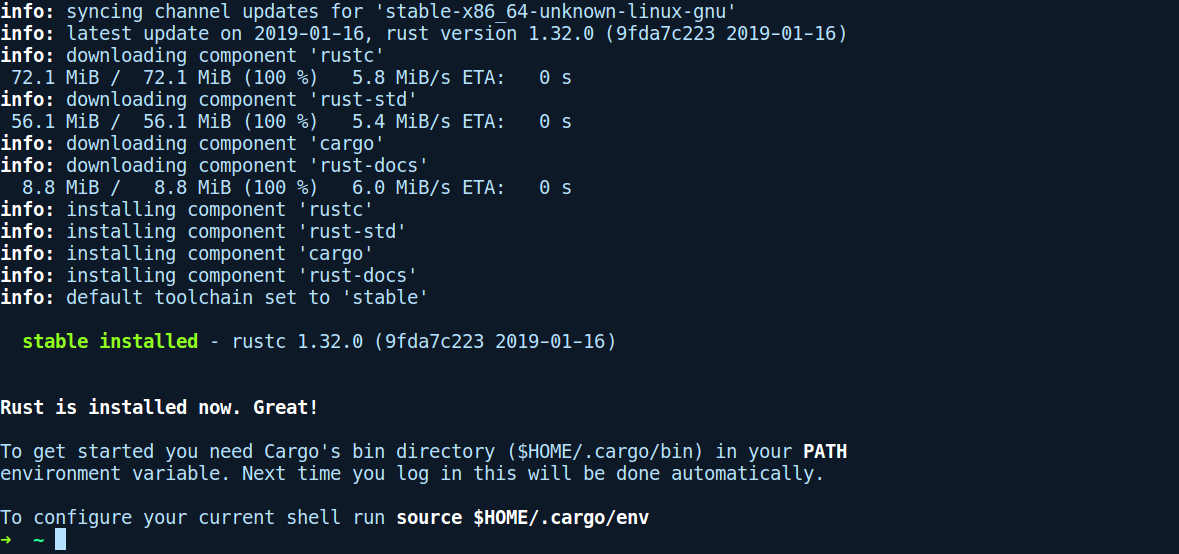
Organizational criteria, which are the second consideration, include: This not only throws off the cost/benefit analysis but also the process of assigning importance to different costs and benefits. For example, what are the relative merits of a dynamic typing system (like in Python) to a relatively verbose and feature-poor system (like Java), and how does this change when compared to stronger typed systems like Scala or Haskell? Many people have strong gut feelings that such technical differences should be taken very seriously in language considerations, but they are no good ways to measure them.Ī side effect of the discrepancy in measurement ease is that the easiest-to-measure items are often given the most weight in the decision-making process even if that would not be the case with perfect information.

While some technical benefits (like performance) can be measured relatively easily, others are much harder to measure. This is especially detrimental to the adoption of new programming languages, as the downsides of adoption are often the clearest part of the picture. Interestingly, the technical costs (e.g., build system integration, monitoring, tooling, support libraries, and more) are often easier to measure than the technical benefits.

The first group of criteria are the technical considerations they are often the first that come to mind because they are the easiest to measure. In general, the criteria that are most easily measured are the ones that are most often talked about, even if they are less important than other, more difficult-to-measure criteria. There are many criteria for deciding whether to switch to a new programming language. They are: What are the criteria usually used for selecting a programming language, especially in large businesses, and why does this process rarely end successfully? Why has the consideration of Rust in Microsoft gone smoothly so far, and are there some general best practices that can be gleaned from it? Criteria for choosing a language

This article will explore several issues related to choosing a programming language in general and Rust in particular. There has been one language selection process that I've been a part of that has gone-at least so far-rather smoothly: the growing consideration inside Microsoft for using Rust. eBook: An introduction to programming with Bash.Try for free: Red Hat Learning Subscription.


 0 kommentar(er)
0 kommentar(er)
